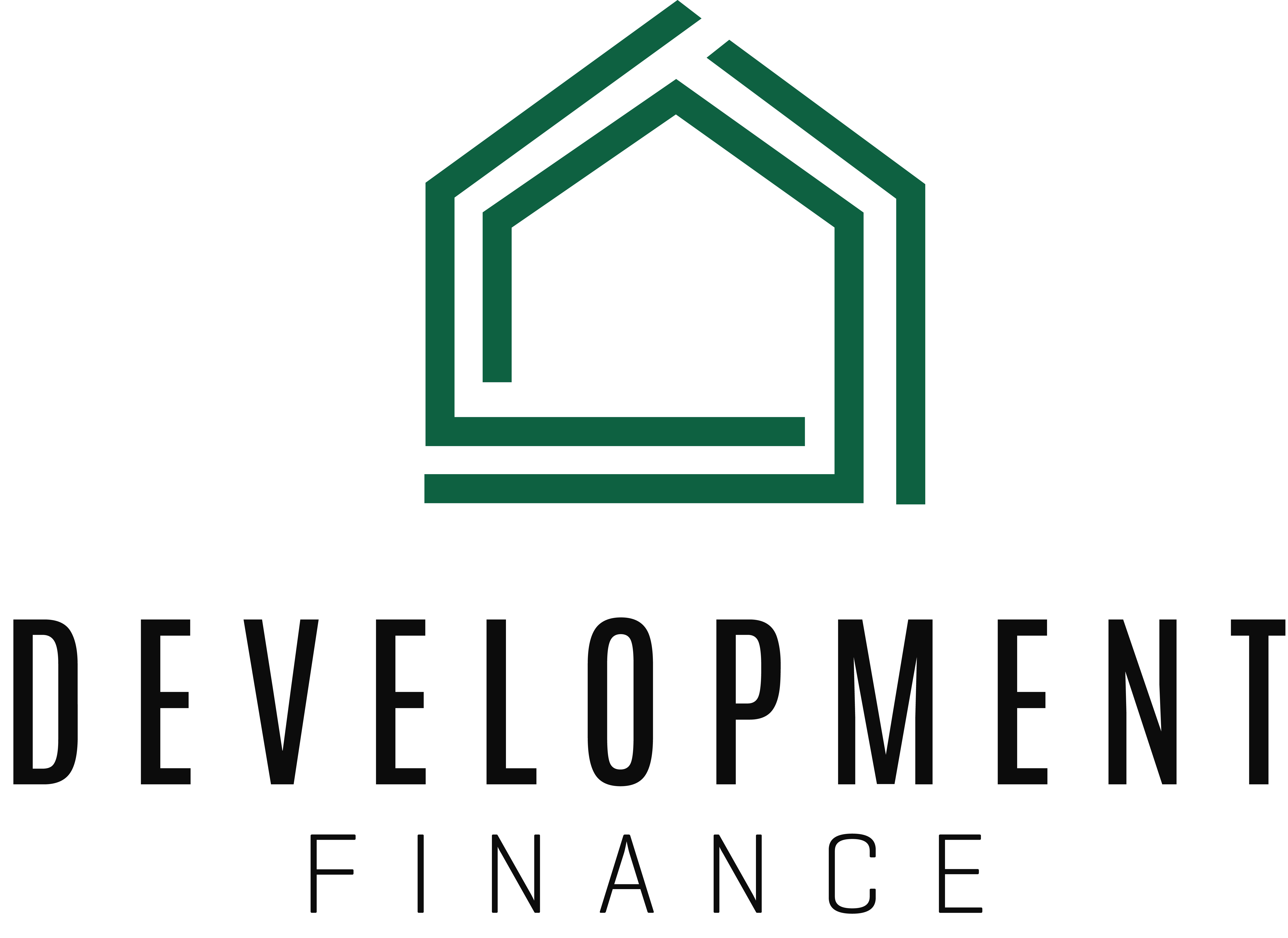We take pride in arranging cost-effective joint venture development finance solutions for property developers and investors from all backgrounds. Our extensive experience and established provider network enable us to organise unbeatable joint venture finance deals to suit all types of development and construction projects.
Whether you are planning ahead or in need of urgent support with a time-critical funding requirement, we would be delighted to hear from you.
Competitive joint venture development finance
We provide a broad range of bespoke joint venture development finance solutions within two broader categories:
- 100% Joint Venture Development Funding: A flexible and cost-effective way to cover 100% of the project’s total costs, including all construction costs, professional and legal fees, acquisition fees, and more.
- Pure Equity Investment Development Finance: Between 30% and 30% of the total costs of the project are funded by the investor, while the remaining 60% to 70% is covered by finance.
As all forms of joint venture development finance are bespoke financial solutions, we believe it is important to get to know our clients’ requirements and objectives at a deeper level. This enables us to provide the honest and impartial expert advice our clients need to choose the most appropriate form of financing for their projects.
Competitive joint venture development finance is easier to secure with extensive evidence of an established track record. However, competitive deals can also be negotiated by a first-time investor or property developer.
For more information on the potential benefits of joint venture development finance or to get your application underway, call the team now for an obligation-free consultation.
Frequently asked questions
Eligibility requirements for joint venture development finance are stricter than those that apply with conventional development finance.
Policies vary from one lender to the next, but typical qualification criteria include the following:
- Open exclusively to experienced developers
- Must have an established track record in the field
- Full planning permission must have been obtained
- Minimum profit of 25% required in the project
- Planned project duration must be no more than two years
All cases are considered by way of individual merit, highlighting the importance of presenting your application as convincingly as possible.
The biggest benefit of joint venture development finance is the exclusion of initial deposit requirements. This can make it much easier to get ambitious projects and/or multiple projects off the ground in the first place, as there is no requirement to raise capital for an upfront payment.
Even though it is usually necessary to pass a share of the projects to the lender, this can be augmented with the significant savings made by covering the full costs of the project with one all-inclusive funding solution.




